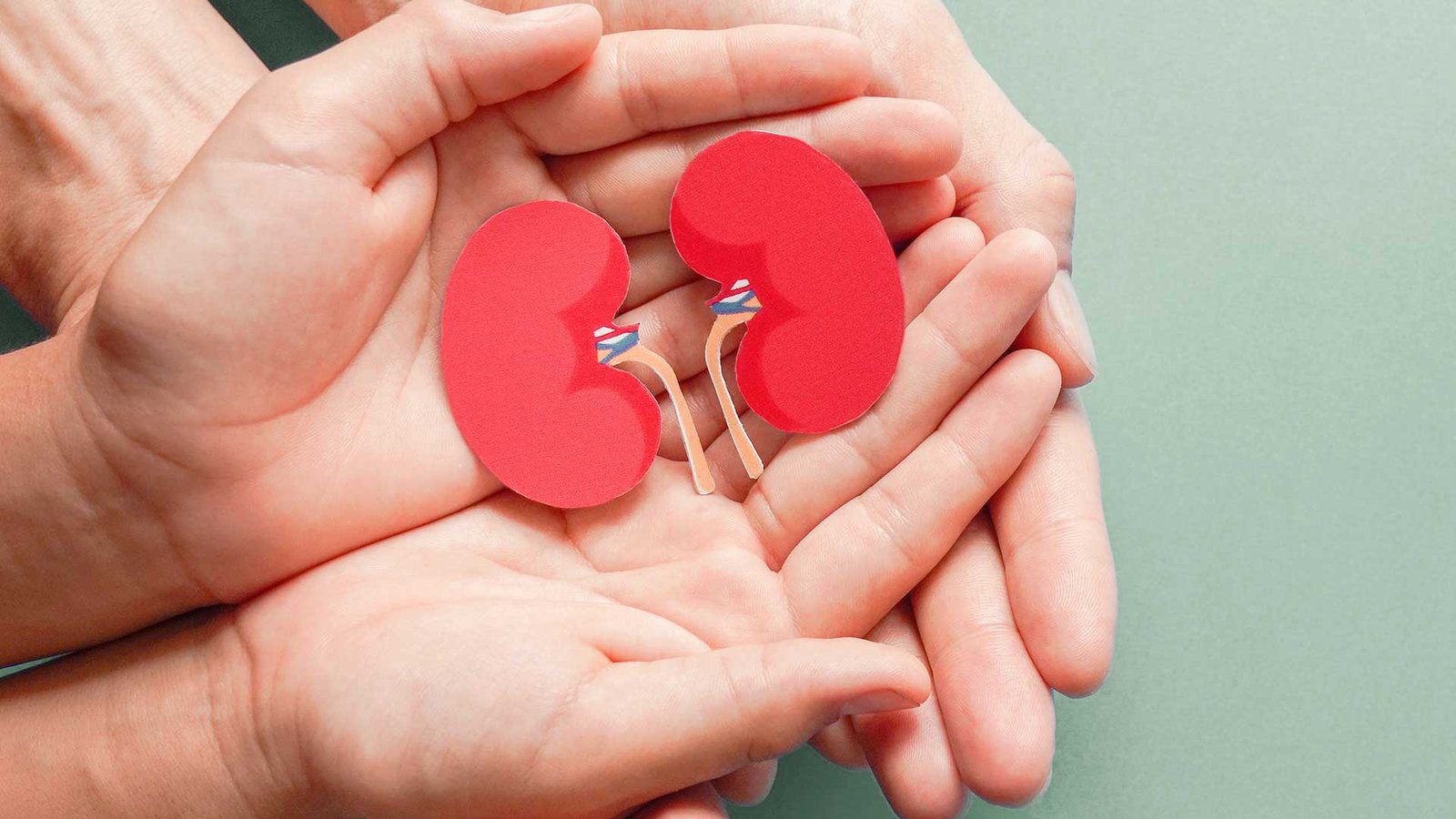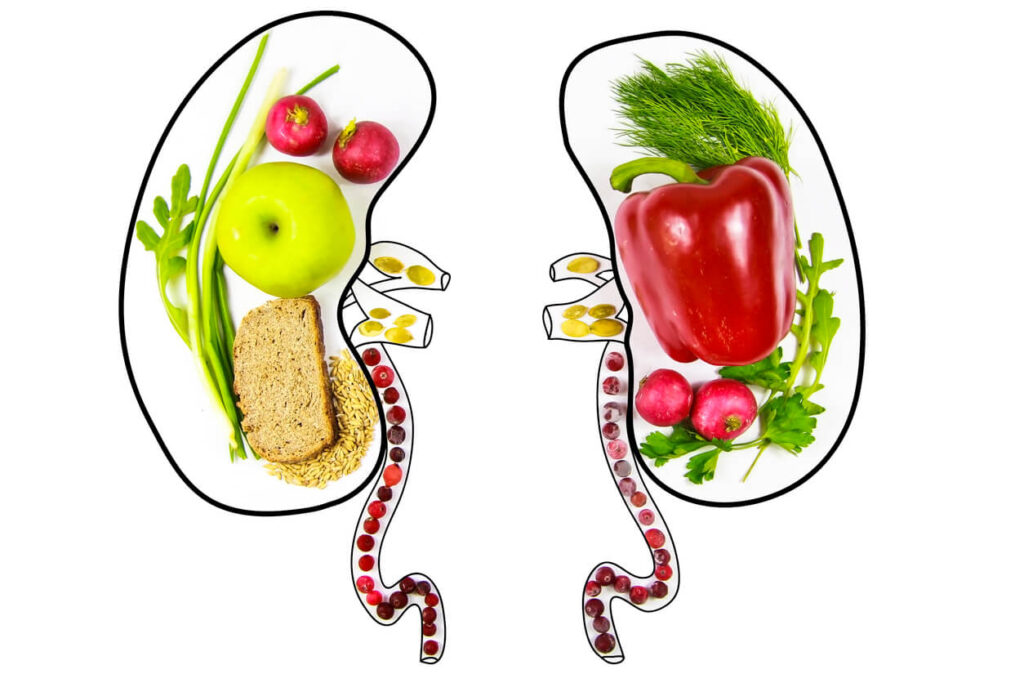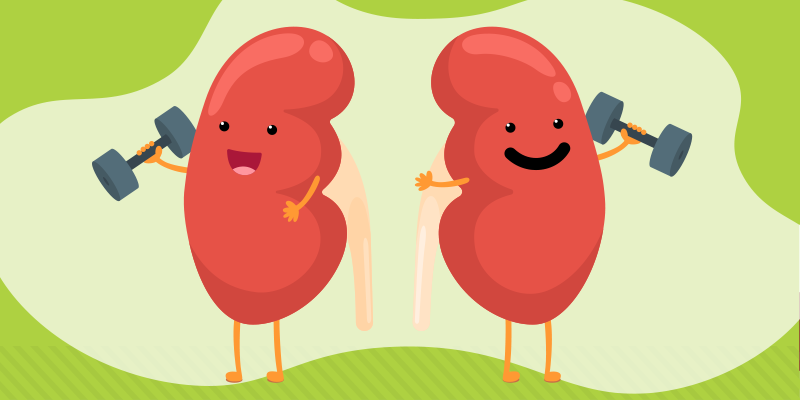The Ultimate Guide to Kidney Health: Foods to Avoid and Foods to Eat

The kidneys are essential organs that play a critical role in filtering waste and excess fluids from the body. Maintaining healthy kidneys is crucial for overall health, and diet plays a significant role in promoting kidney health. In this article, we’ll discuss the foods to avoid for kidney health and the foods that are good for kidney repair. We’ll also cover early warning signs of kidney disease and the best foods to eat for kidney health.
Foods to Avoid for Kidney Health
Certain foods can be harmful to the kidneys, especially if consumed in excess. Here are some of the common foods that should be avoided:
- High Sodium Foods: Foods that are high in sodium, such as processed foods, fast food, and canned foods, can increase blood pressure and put extra stress on the kidneys.
- High Phosphorus Foods: Foods that are high in phosphorus, such as dairy products, processed meats, and carbonated drinks, can be harmful to the kidneys, especially for people with chronic kidney disease.
- High Potassium Foods: Foods that are high in potassium, such as bananas, oranges, tomatoes, and avocados, can be harmful to the kidneys, especially for people with kidney disease.
Foods Good for Kidney Repair and Health
Certain foods can help promote kidney health and repair. Here are some of the foods that are good for kidney repair and health:
- Low Sodium Foods: Foods that are low in sodium, such as fresh fruits and vegetables, can help reduce blood pressure and promote kidney health.
- Low Phosphorus Foods: Foods that are low in phosphorus, such as lean meat, fish, and poultry, can be beneficial for the kidneys.
- Low Potassium Foods: Foods that are low in potassium, such as apples, berries, and cabbage, can be beneficial for people with kidney disease.
Early Warning Signs of Kidney Disease
Kidney disease often develops slowly, and many people don’t notice any symptoms until the later stages of the disease. However, there are three early warning signs of kidney disease that people should be aware of:
- Changes in Urination: Changes in urination, such as increased frequency, difficulty urinating, or dark urine, can be an early warning sign of kidney disease.
- Fatigue and Weakness: Kidney disease can cause fatigue and weakness, which can be a sign that the kidneys are not functioning correctly.
- Swelling: Swelling in the hands, feet, and ankles can be a sign of kidney disease, especially if the swelling is accompanied by other symptoms.
Top 10 Foods for Kidney Disease

Here are the top 10 foods for kidney disease that are nutrient-dense and beneficial for kidney health:
- Berries
- Red Bell Peppers
- Cauliflower
- Cabbage
- Garlic
- Olive Oil
- Fish
- Egg Whites
- Apples
- Cranberries
Common Food Myths about Kidney Health
There are several common misconceptions about foods and kidney health. Here are some of the most common myths:
- Are eggs good for kidneys? Yes, eggs are a good source of high-quality protein and can be a part of a healthy kidney diet.
- Is coffee good for the kidneys? While coffee does contain caffeine, which can increase blood pressure, moderate coffee consumption is generally considered safe for people with healthy kidneys.
- Is milk good for kidneys? Milk is a good source of calcium and vitamin D, but people with kidney disease should limit their intake of dairy products, as they are high in phosphorus.
Vitamins that Help Kidneys Health
In addition to a healthy diet, certain vitamins can also help promote kidney health. Here are some vitamins that are beneficial for the kidneys:
- Vitamin D: Vitamin D plays a crucial role in maintaining healthy bones and muscles, and it may also help protect the kidneys from damage.
- Vitamin C: Vitamin C is an antioxidant that can help reduce inflammation and protect against kidney damage.
- Vitamin B Complex: The B vitamins are important for energy production and can help promote kidney health.
Tips for Keeping Your Kidneys Healthy

In addition to eating a healthy diet and getting enough vitamins, there are several other things you can do to keep your kidneys healthy. Here are some tips:
- Stay Hydrated: Drinking enough water is essential for kidney health, as it helps flush out toxins and waste products from the body.
- Exercise Regularly: Regular exercise can help improve kidney function and reduce the risk of kidney disease.
- Avoid Smoking: Smoking can increase the risk of kidney disease and make existing kidney problems worse.
- Manage Blood Pressure and Blood Sugar: High blood pressure and high blood sugar can damage the kidneys, so it’s important to manage these conditions.
Foods to Avoid if Creatinine is High
Creatinine is a waste product that is filtered out of the body by the kidneys. If creatinine levels are high, it can be a sign of kidney damage. Here are some foods to avoid if creatinine is high:
- High Protein Foods: Foods that are high in protein, such as red meat, poultry, and dairy products, can increase creatinine levels.
- High Sodium Foods: Foods that are high in sodium can increase blood pressure and put extra stress on the kidneys, which can increase creatinine levels.
Fruit Good for the Kidney Health
Fruits are an essential part of a healthy diet, and some fruits can be particularly beneficial for kidney health. Here are some fruits that are good for the kidneys:
- Cranberries: Cranberries contain compounds that can help prevent urinary tract infections and protect against kidney damage.
- Blueberries: Blueberries are high in antioxidants and can help reduce inflammation in the kidneys.
- Apples: Apples are a good source of fiber and can help reduce cholesterol levels, which can be beneficial for kidney health.
FAQs
- Is Tilapia good for kidney disease?
Tilapia is a lean source of protein and can be part of a healthy kidney diet.
- Can you eat rice with kidney problems?
Rice is a good source of carbohydrates and can be part of a healthy kidney diet in moderation.
- Can oatmeal help your kidneys?
Oatmeal is a good source of fiber and can be part of a healthy kidney diet.
- Are carrots good for kidneys?
Carrots are a good source of vitamin A and can be part of a healthy kidney diet.
Conclusion
In conclusion, maintaining healthy kidneys is crucial for overall health, and diet plays a significant role in promoting kidney health. By avoiding certain foods and consuming nutrient-dense foods, you can help promote kidney health and reduce the risk of kidney disease. It’s also important to be aware of the early warning signs of kidney disease and to take steps to keep your kidneys healthy, such as staying hydrated, exercising regularly, and managing blood pressure and blood sugar levels.








